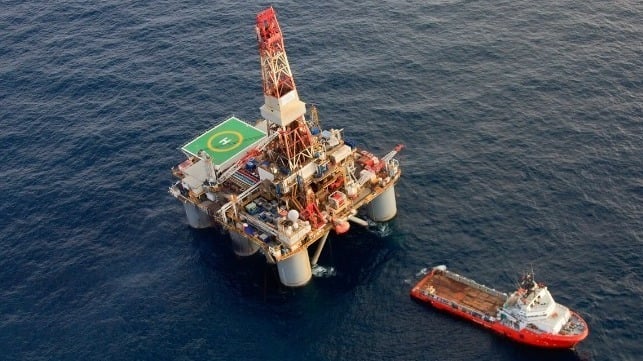President Biden Enacts Offshore Drilling Ban

In a significant move just days before leaving office, President Joe Biden has enacted a sweeping ban on new offshore oil and gas lease sales outside the Gulf of Mexico. Utilizing the U.S. Outer Continental Shelf Lands Act (OCSLA), this decision aims to protect vast areas of federal waters from drilling activities. The ban covers more than 625 million acres, impacting regions along the West and East Coasts, parts of the Bering Sea, the Straits of Florida, and the eastern Gulf of Mexico. This action reflects a commitment to environmental protection and the preservation of coastal communities.
Scope and Implications of the Ban
The ban on offshore drilling is extensive, affecting numerous regions critical to the U.S. economy and environment. Specifically, it includes lease planning areas along the lower 48 states’ coasts, as well as significant portions of the Bering Sea and the Straits of Florida. However, areas with existing oil and gas operations, such as the central Gulf of Mexico and Alaska’s Arctic coast, remain unaffected. This strategic exclusion indicates a focus on safeguarding vulnerable ecosystems while maintaining some level of energy production.
President Biden emphasized the importance of this decision, stating, “Drilling off these coasts could cause irreversible damage to places we hold dear and is unnecessary to meet our nation’s energy needs.” By invoking the withdrawal powers under OCSLA, the Biden administration believes it has permanently blocked oil and gas activities in these regions. The law allows a president to indefinitely withdraw areas from lease activity, and a 2019 court ruling confirmed that such withdrawals cannot be easily reversed. This means that undoing Biden’s ban would likely require congressional action or a new court ruling.
Reactions from Industry and Incoming Administration
The response to Biden’s ban has been swift and critical from various industry stakeholders. The American Petroleum Institute expressed disappointment, urging policymakers to reverse what they termed a “politically motivated decision.” API President Mike Sommers called for a return to a pro-American energy approach to federal leasing. This sentiment reflects broader concerns within the oil and gas industry about the implications of such a ban on energy independence and economic growth.
Additionally, the offshore vessel industry has voiced strong opposition. Erik Milito, President of the National Ocean Industries Association, stated that the moratorium threatens both economic and national security. He emphasized the need for a balanced approach to offshore energy that promotes energy independence while also considering environmental concerns. Looking ahead, President-elect Donald Trump has pledged to “unban” the withdrawn areas as soon as he takes office, indicating a potential shift in policy. Trump’s previous use of OCSLA to withdraw areas off the east coast of Florida in 2020 highlights the contentious nature of offshore drilling regulations in U.S. politics.
